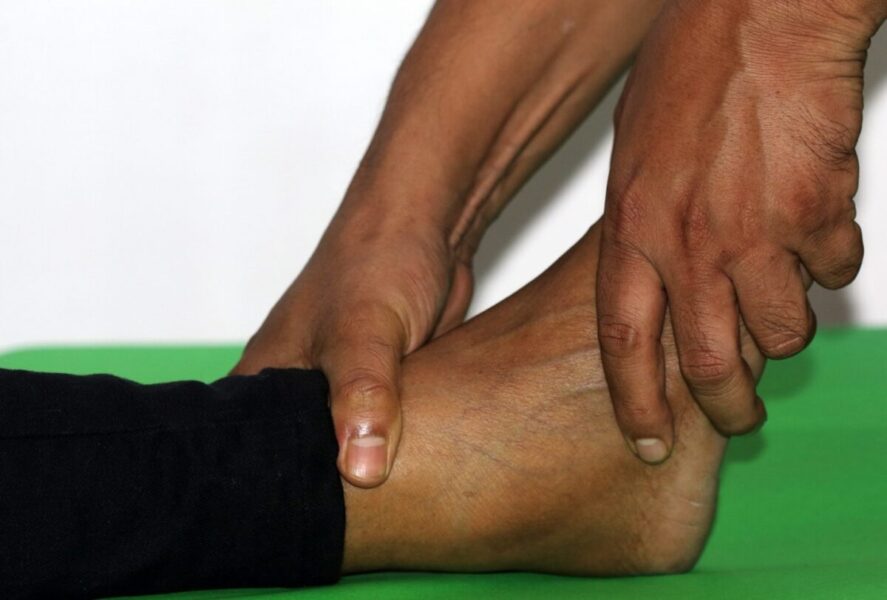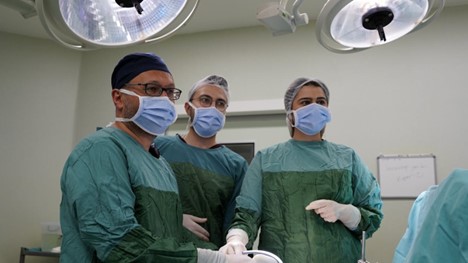Teenage Eating Disorders: A Disturbing Upward Trend
In recent years, the prevalence of eating disorders among teenagers has been on the rise. These disorders not only pose serious health risks but also have profound psychological and emotional consequences. This alarming trend warrants attention and understanding, as it affects not only the individuals but also their families and communities. In this blog, we will explore the factors contributing to the rise of eating disorders in teenagers and discuss the importance of early intervention and support.
The Growing Concern
Eating disorders, such as:
- anorexia nervosa
- bulimia nervosa
- binge-eating disorder
are complex mental health conditions characterized by abnormal eating behaviors and a distorted body image. While eating disorders can affect people of all ages, they tend to emerge most frequently during adolescence. In recent years, healthcare professionals and researchers have noticed a significant increase in the number of teenagers diagnosed with these disorders.
Factors Contributing to the Rise
- Social Media and Body Image: The rise of social media has led to increased exposure to unrealistic beauty standards. Teenagers are bombarded with filtered images of ‘ideal’ bodies, which can lead to body dissatisfaction and a desire to achieve unattainable beauty ideals.
- Peer Pressure: Adolescence is a time when peer influence is at its peak. Teens often feel pressure to conform to their peers’ behaviors and body image ideals, which can lead to disordered eating patterns.
- Academic Stress: The academic pressure that teenagers face can be overwhelming. Some may resort to controlling their food intake as a coping mechanism for stress and anxiety.
- Parental and Family Dynamics: Family dynamics can also play a role in the development of eating disorders. Conflicts at home or a preoccupation with diet and weight within the family can contribute to disordered eating habits.
- Genetic Predisposition: Genetic factors can increase an individual’s susceptibility to eating disorders. If a family member has had an eating disorder, it may increase the risk for other family members.
The Importance of Early Intervention
Early intervention is crucial in addressing eating disorders in teenagers. These disorders can have severe physical and psychological consequences, including malnutrition, heart problems, depression, and anxiety. Therefore, it is essential for parents, teachers, and healthcare professionals to be vigilant about the signs and symptoms of eating disorders, such as:
- rapid weight loss
- obsession with food
- distorted body image
- changes in eating habits
Support and Treatment Options
- Family Support: Providing a supportive and non-judgmental environment at home is essential. Family therapy can be effective in helping both the individual with the disorder and their loved ones understand and cope with the condition.
- Therapy: Different types of therapy, such as cognitive-behavioral therapy (CBT), can be effective in treating eating disorders. Therapy helps individuals identify and challenge harmful thought patterns and behaviors related to food and body image.
- Nutritional Counseling: Registered dietitians can help teenagers develop healthier relationships with food, teaching them balanced eating habits and addressing any nutritional deficiencies.
- Medical Monitoring: Regular medical check-ups are necessary to monitor and manage the physical consequences of eating disorders. In severe cases, hospitalization may be required.
- Support Groups: Encourage teenagers to participate in support groups where they can share their experiences and receive support from peers who are going through similar challenges.
To learn more, check out this summary from WebMD.
By understanding the contributing factors and promoting early intervention and support, we can help teenagers overcome these challenges and lead healthier, happier lives. It is crucial for society as a whole to work together to create a culture that values diversity, self-acceptance, and mental well-being over unrealistic beauty standards. Together, we can make a positive impact on the lives of teenagers struggling with eating disorders.




